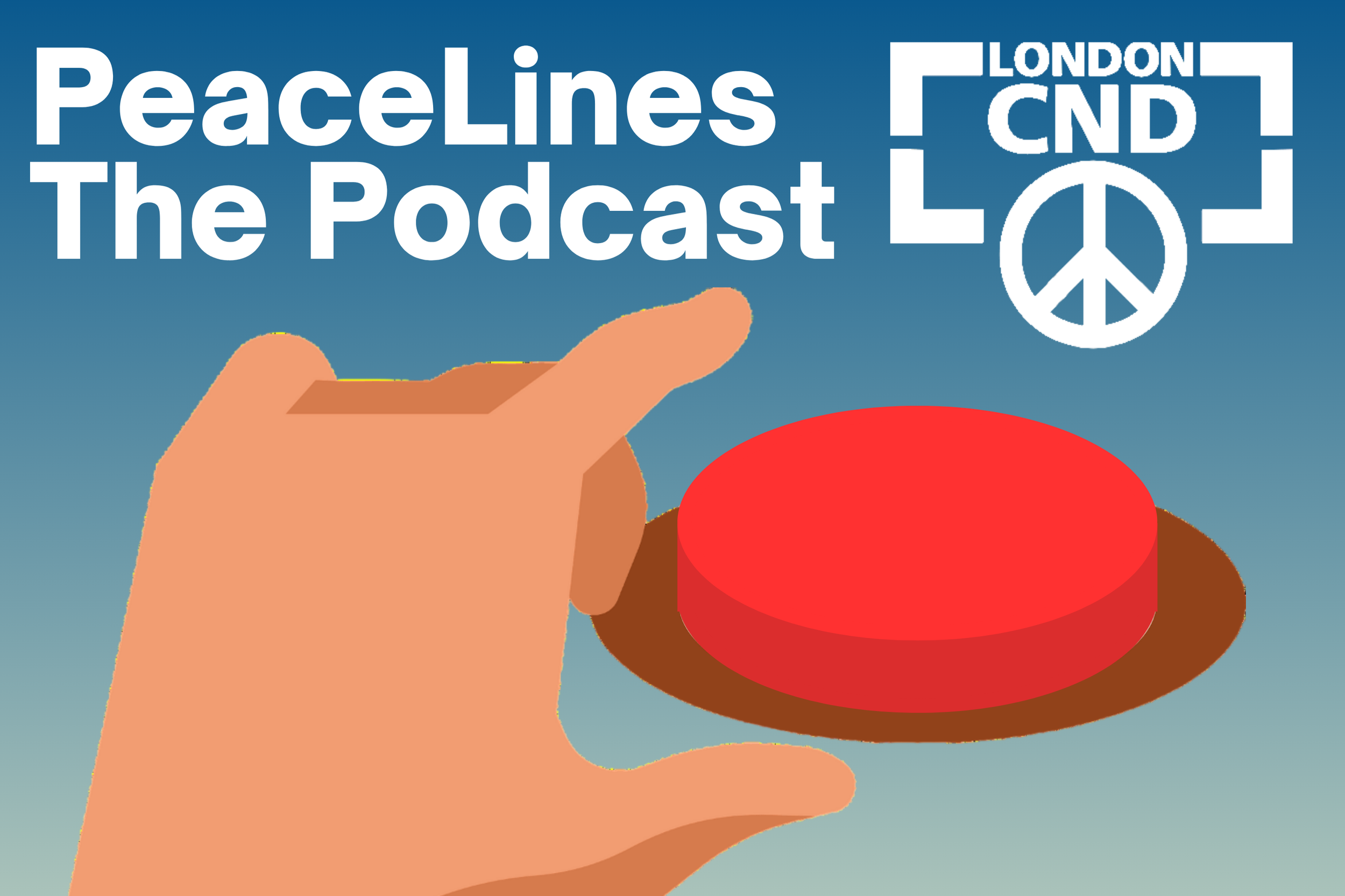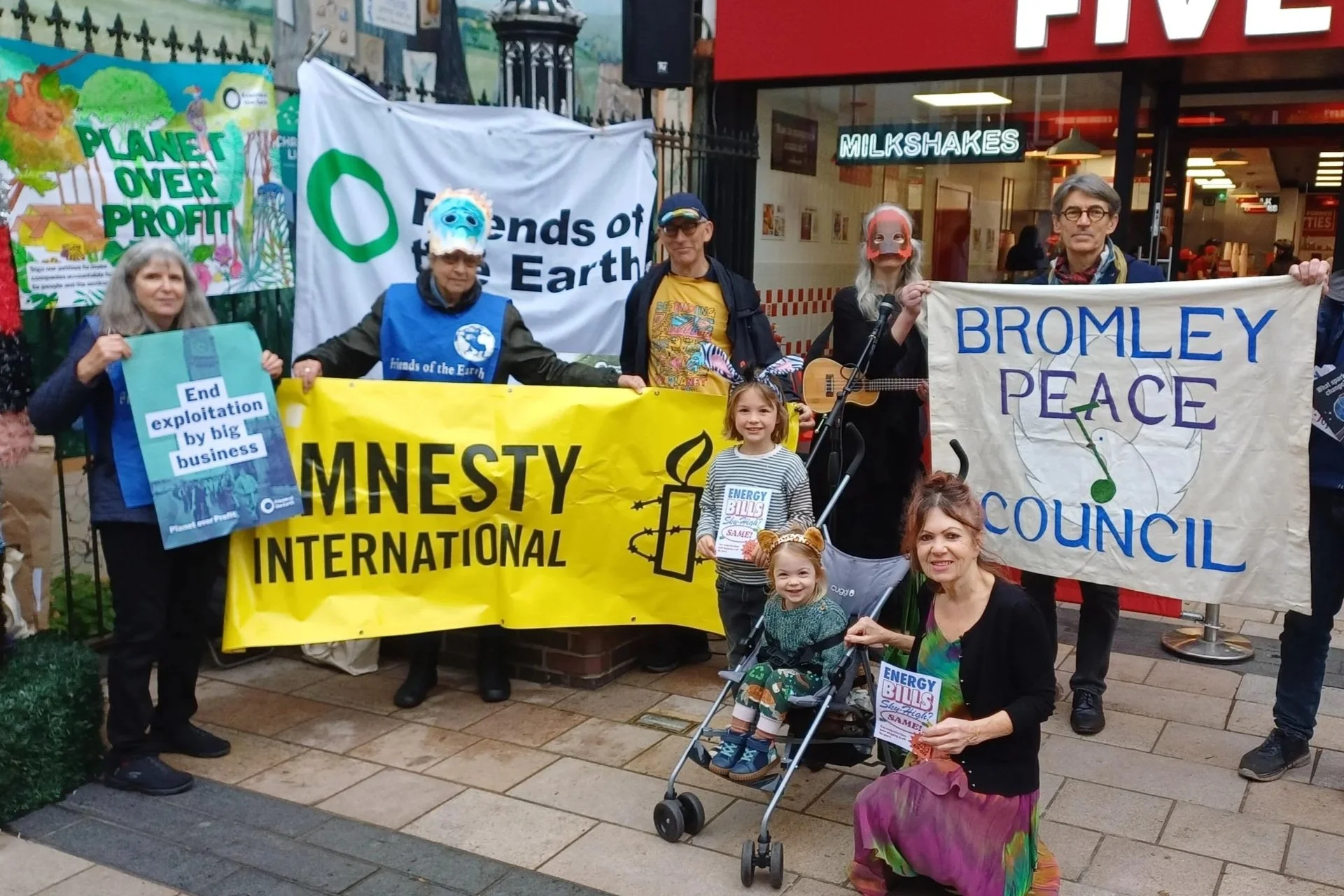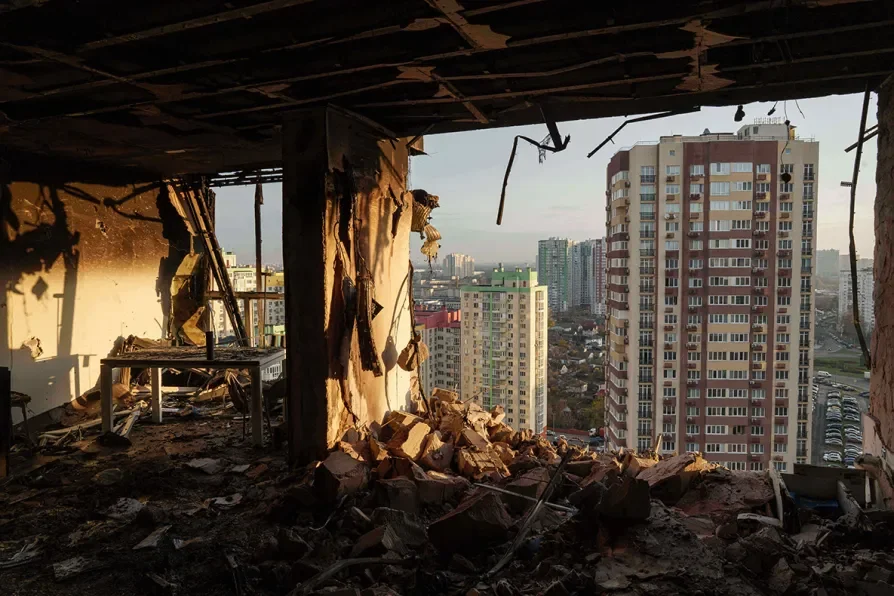No nuclear war
Kate Hudson, CND General Secretary
- first published on the CND website -
As the crisis in Ukraine escalates, the risk of nuclear war comes ever closer. President Biden pointed out last week that war between the US and Russia would be World War III, yet no serious progress has yet been made to deal with the underlying issues through negotiation. British political leaders remain determined to denigrate diplomatic initiatives, even as the possibility of war sigbnificantly increases.
The rational response to the latest dangerous developments would be to recognise that posturing has failed and now it’s time to step back and get to the negotiating table, to make the Minsk agreements work. The regional autonomy promised to those parts of eastern Ukraine with significant ethnic Russian populations must be implemented. That is how to resolve the issue of eastern Ukraine, to get the Russian troops out, and achieve a lasting settlement in the interests of all of its peoples. But that has not yet happened. Rather than further escalating the rhetoric and militarisation of the region, the US must treat this as a wake-up call to achieve a peaceful solution.
Russia and the United States together have almost 12,000 nuclear weapons—some of which are 3,000 times the power of the Hiroshima bomb. Add to that the arsenals of NATO members France and the United Kingdom, not to mention around 150 nuclear bombs that the US sites in western Europe under the auspices of NATO. Far from their significance receding since the Cold War, all nuclear arsenals are being modernised and upgraded—and in the case of the UK’s, being increased, as announced by the Johnson government last year.
During the Cold War, the notion of ‘mutually assured destruction’ meant that—in theory at least—leaders understood that a nuclear war was unwinnable and must never be fought. Indeed the leaders of nuclear weapons states recently reiterated that point, first made by Reagan and Gorbachev in 1985. But their actions belie those words and things have changed for the worse. During his term of office, Donald Trump produced and deployed ‘usable’ nuclear weapons; in the UK’s Integrated Review last year, new scenarios were outlined in which Britain would use nuclear weapons.
Do our political leaders actually understand what the use of just a single nuclear weapon would mean? The catastrophic human and environmental destruction, the incineration of cities and populations, and the appalling deaths from radiation poisoning? A nuclear exchange would be catastrophic, and nuclear war between the US and Russia would present an existential threat. Johnson and Starmer need to reflect on this when they are ramping up their bellicose rhetoric.
While they posture, the people of Ukraine are suffering; the country is paying a heavy economic and human price as a result of these hostilities.
So what of NATO’s role in this? NATO is neither a force for peace and democracy, nor an innocent bystander.
Despite dramatic changes across Europe after 1989, with the demise of the Soviet Union and the dissolution of the Warsaw Pact, NATO—under US leadership—began the process of expansion into eastern Europe. This has continued to include former Soviet republics, and NATO has gone on to become a global military force, abandoning its ‘defensive’ remit and engaging in war far beyond the North Atlantic.
NATO expansion has caused significant regional tension and its continued expansionary plans are threatening to drag Europe into a devastating war—because it refuses to take Russian security concerns into account. Russia already has a direct land border with NATO states Estonia and Latvia. If Ukraine joins NATO, then Russia will have over a thousand miles of additional land border with an openly hostile, nuclear-armed military alliance with a nuclear ‘first use’ policy. It is hard to imagine that a British government would happily accept such a situation in reverse.
There is no possibility whatsoever that war will resolve these complex problems, and it might just end with the destruction of humanity. Only dialogue and a willingness to be open to the concerns of others will make a difference. Many in Europe speak of a new security framework for Europe, with a commitment to common security rather than endlessly increasing militarisation, more nuclear weapons, and ultimately more deaths. This is the path that our own government must now pursue, rather than stoking up endless conflict.









